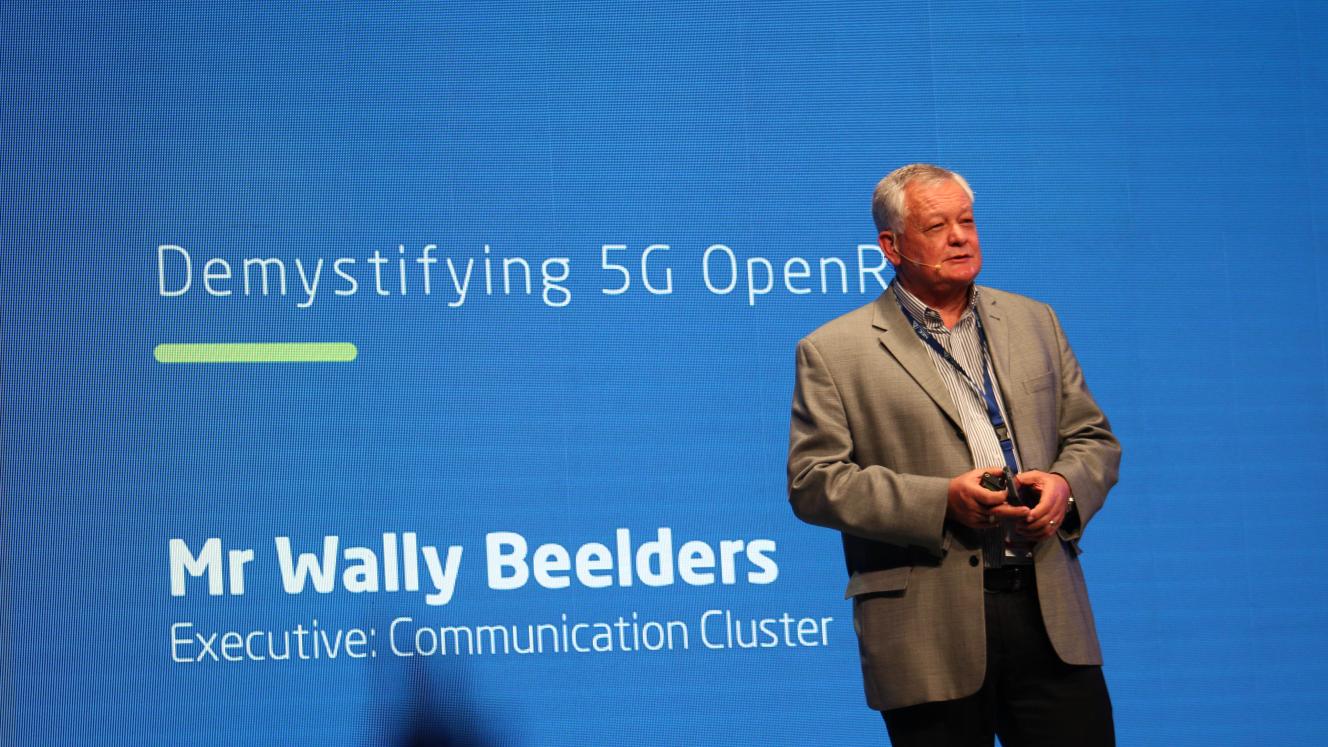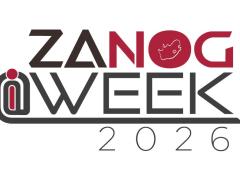Open RAN frees customers from vendor lock-in and provides cost-effective roadmaps to 5G adoption for Africa’s first and second-tier mobile network operators (MNOs) and communications service providers (CSPs).
5G Open RAN enables new network and business models by leveraging low latency, high throughput, high connection capacity benefits that help MNOs and CSPs prepare for emerging use cases as well as those that cannot yet be predicted.
“Africa’s top networks want the benefits of 5G Open RAN’s open systems integration and vendor ecosystem. It enables cost-effective migrations that help them expand coverage, grow the subscriber base and enable new services,” says Wally Beelders, executive of communications solutions at NEC XON.
Keynote speaker Professor Brian Armstrong (chair of digital business at WITS), says 5G is at the heart of the current digital revolution.
“Personal computing and the internet established the foundation of the digital revolution. Then we had 3G and apps that built on it. Now 5G, with the Internet of things (IoT), data science and distributed intelligence, establish the next phase of innovation. 5G Open RAN creates a platform to leverage these technologies to enable innovation and the unexpected, which are the advances that we cannot predict we will derive from this 10 and even 100 times enabler,” says Professor Armstrong.
“The complexity and interrelated nature of open carrier-grade technology requires collaboration,” says Beelders. “We have long-term relationships with the world’s leading names in 5G, Open RAN, and related technologies. That’s why Rakuten Symphony, Juniper Networks, and Red Hat are our platinum sponsors. It’s why we have NEC and ADVA as gold sponsors, and it’s why we have Airspan, Cradlepoint, Fortinet, Polarium, and Veritas as silver sponsors. These organisations represent arguably the leading global community that can deploy commercially viable 5G Open RAN in Africa with us right now.”
Rakuten launched full-scale commercial services on its world first virtualised cloud-native Open RAN mobile network in Japan in 2020. To spearhead the global adoption of cloud-native Open RAN infrastructure and services by mobile network operators, enterprises and government bodies, the company launched Rakuten Symphony to bring its 4G and 5G infrastructure and platform solutions to customers worldwide.
“We're thrilled to team up with NEC XON in South Africa to empower greenfield and brownfield telco operators, enterprises and governments across Africa to easily build and deploy quality 5G Open RAN cloud-native network services at speed and low cost, generate new revenue streams, and offer customers innovative and immersive experiences," says Rabih Dabboussi, chief business officer at Rakuten Symphony.
“The goal of Open RAN is to democratise the network. It allows 5G network operators to speed up innovation and give their customers a unique experience. An open ecosystem approach to network expansion is at the heart of Open RAN’s culture,” says Jai Thattil, senior director of service provider marketing at Juniper Networks.
“Juniper’s role in Open RAN reflects its commitment to bringing an experience-first network to customers through automation, intelligent control and assurance of experience. Juniper is engaged in expanding integrations with key partners and constantly exploring new areas of collaboration. Early customer trials using our RIC technology together with our partner ecosystem highlight the momentum in Open RAN and how its success can address the key business challenges faced by mobile operators around personalised user experience and viable revenue generation for 5G services,” he says.
Timo Jokiaho, EMEA chief technologist, telecom, media and entertainment at Red Hat, says: “As service providers focus on growth, innovation and reducing risk, they are looking to Open RAN together with cloud-native technologies and processes to deliver greater flexibility and agility. With its open hybrid cloud technologies, Red Hat supports the intensive demands of RAN for automated scalability, predictable latency, high performance, security-focused capabilities, timing and synchronisation. Enterprise Kubernetes platform Red Hat OpenShift enables the industry to build cloud-native network functions that can scale consistently across a network from core to edge.”
“The clusters of interrelated technological innovation such as AI, IoT and data analytics, via pervasive next-generation connectivity that uses 5G Open RAN, are central to the next surge of the industrial revolution,” says Professor Armstrong.
“And, as with other technological paradigms, organisations that lead adoption lead the markets. 3G became visible to the majority of people between 2007 and 2010, when it changed how we interact with each other and businesses. But the leaders had already begun their network deployments between 2003 and 2005. The advantage we can gain today is understanding how we adapt our business strategy and core business processes to capitalise on the benefits.”














